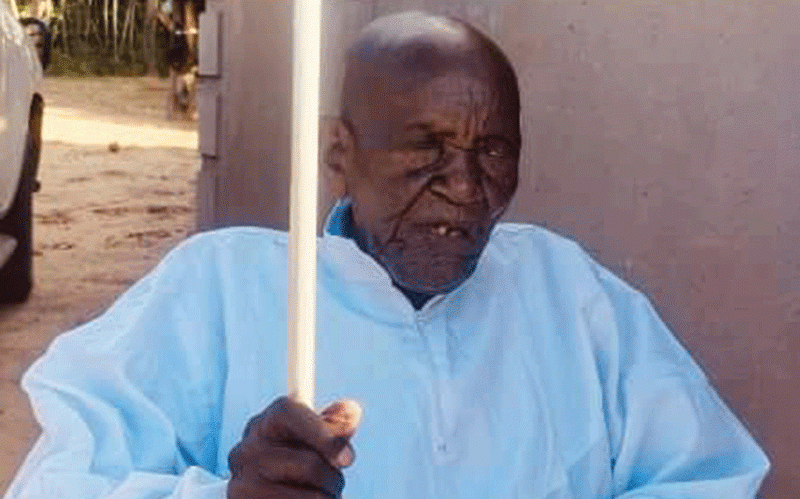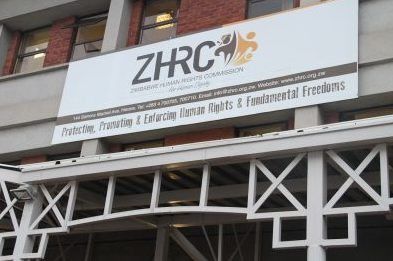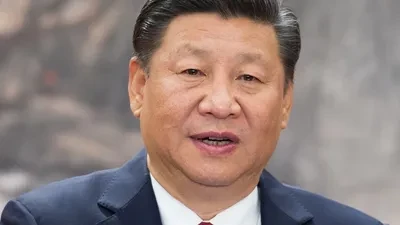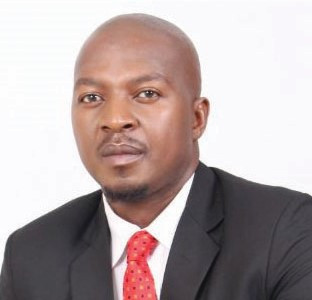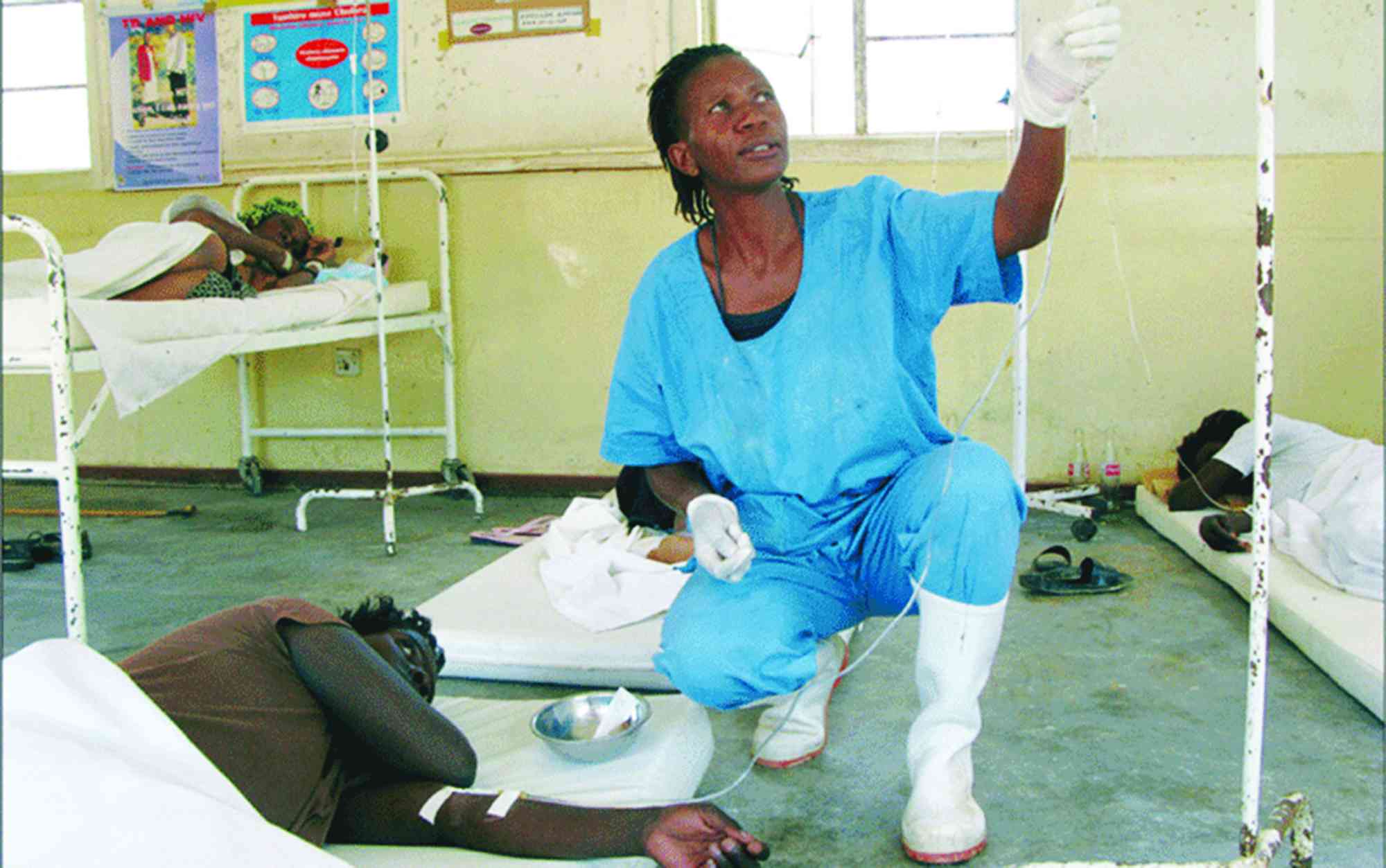
THE farming town of Karoi in Mashonaland West province recently lost four young men after consuming suspected illicit alcohol.
Before their deaths, two of them visited Mutendere Mission Hospital in Chirundu district, Zambia, where health personnel told the deceased’s relatives that the two had delayed seeking medical attention.
The health personnel said as a result, their condition had deteriorated and there was nothing they could do.
Such is the sad reality around the country, where drug and substance use is wreaking havoc among the youths.
According to an online publication, alcohol use disorder can cause infection after major trauma to the lungs or respiratory system.
The World Drug Report 2024 aims to foster greater international co-operation to counter the impact of the drug problem in the world on health, governance and security in the world.
It also aims to assist member States in appreciating and addressing threats posed by drug markets and mitigating their consequences.
United Nations Office on Drugs and Crime executive director Ghada Wally said the 2024 drug report served as a crucial evidence-based resource for policymakers, researchers and stakeholders in shaping policy responses and mobilising action to address the challenges posed by the drug problem.
- Comatose health system: Zimbos invade neighbouring countries’ hospitals
- From US$0,50 to death: Zim’s illicit brew epidemic fills the cemetery
Keep Reading
“We work to safeguard the health, safety and dignity of all,” Wally said in the executive summary.
Zimbabwe has failed to transform its health sector and make it a powerhouse again as citizens are seeking medical attention from neighbouring countries such as Zambia, Mozambique, Namibia or Botswana.
Recently, South Africa’s Health minister Aaron Motsoaledi took a swipe at Zimbabweans, who are “overburdening” that country's health sector, sparking a diplomatic tiff.
This is not the first time a South African official has complained about Zimbabweans who are invading their public hospitals.
In 2022, then Limpopo Member of the Executive Committee (MEC) on health, Phophi Ramathuba, sparked a storm after a video emerged showing her telling a woman that migrants from Zimbabwe were a “huge strain” on the provincial healthcare system.
In the video, Ramathuba told the woman that Zimbabwean President Emmerson Mnangagwa “doesn’t give [her] money to operate” on Zimbabweans and that she was, therefore, doing it on a limited budget.
She said: “You know he [Mnangagwa] doesn’t give me money to operate? You are killing my health system. When you guys are sick, I’m hearing these days you just say, ‘let us cross the Limpopo River, there’s a MEC there that’s running a charity department’.
“Instead of using the budget for what it’s meant for, I’m operating for what Mnangagwa is supposed to do. That is why when my people of Limpopo want health services, they can’t get. That is angering the community.”
Local health advocates have called on the Zimbabwean government to fix the sector currently in “critical condition”, without basic medication, including bandages.
Community Working Group on Health (CWGH) executive director Itai Rusike noted that the concerns raised by Motsoaledi may sound “unAfrican”, but it is a wake-up call for leaders to focus on real developmental issues in their own countries.
“The African leaders must take into account the dire need of improving health service provision for the benefit of ordinary citizens, instead of overburdening and stretching the resources allocated to service the citizens and permanent residents of South Africa,” he said.
Rusike added that it was very sad that the African political elite fly out to other countries seeking healthcare services instead of fixing their own public health systems by allocating adequate resources from their national budgets.
“Unfortunately, some political leaders have even died outside the country in foreign hospitals while seeking treatment because their own healthcare services have collapsed due to poor funding and mismanagement,” he added.
The CWGH boss noted that African governments did not learn anything from the COVID-19 pandemic, which turned out to be an equaliser, where the rich and poor were all affected, infected and even died during the global crisis.
“The COVID-19 pandemic was a learning opportunity to fix the public health delivery systems in most African countries and move towards universal health coverage as the travel restrictions made it impossible for the political elite to fly outside their countries and seek treatment from countries that have functional healthcare services,” he said.
Parliamentary Portfolio Committee on Health chairperson Daniel Molokela noted that Motsoaledi’s remarks may sound undiplomatic, but it’s a sad reality.
“He is frustrated as the South Africa health system is under pressure from mostly Zimbabwean patients. It is difficult for them to predict and plan where ‘unestimated’ numbers continue to flood their hospitals. The Zimbabwean government must fix its health delivery system,” Molokela said.
He added that lack of political will was negatively impacting the wellbeing of citizens.
“We are not funding our health delivery system. We have shortages of health skills, essential medicines and workers are leaving where machinery is not working. It is worse for those suffering from renal diseases, among others,” Molokela added.
He called on the government to fund its healthcare system.
“The Zimbabwean government must fix the deteriorating health sector so that citizens do not flood South Africa and other countries in the region. We have become a burden to health delivery in our neighbouring countries due to poor planning. I challenge the Minister of Finance [Mthuli Ncube]s to seriously consider funding the health sector,” Molokela said.
“After all, Zimbabwe is a signatory to the Abuja Declaration, where the country committed to allocate at least 15% of its domestic budget to the health sector. It is time we must fund our own healthcare as a nation.”
The late former President Robert Mugabe died in Singapore in September 2019, where he was seeking medical attention.
It would seem the problem is nowhere near being fixed and scores of people in the Mashonaland West’s towns of Chinhoyi, Kariba and Karoi continue to flock to neighbouring Zambia for treatment.
In Matabeleland region, Zimbabweans prefer to visit hospitals in Botswana or South Africa where there are better health facilities.

